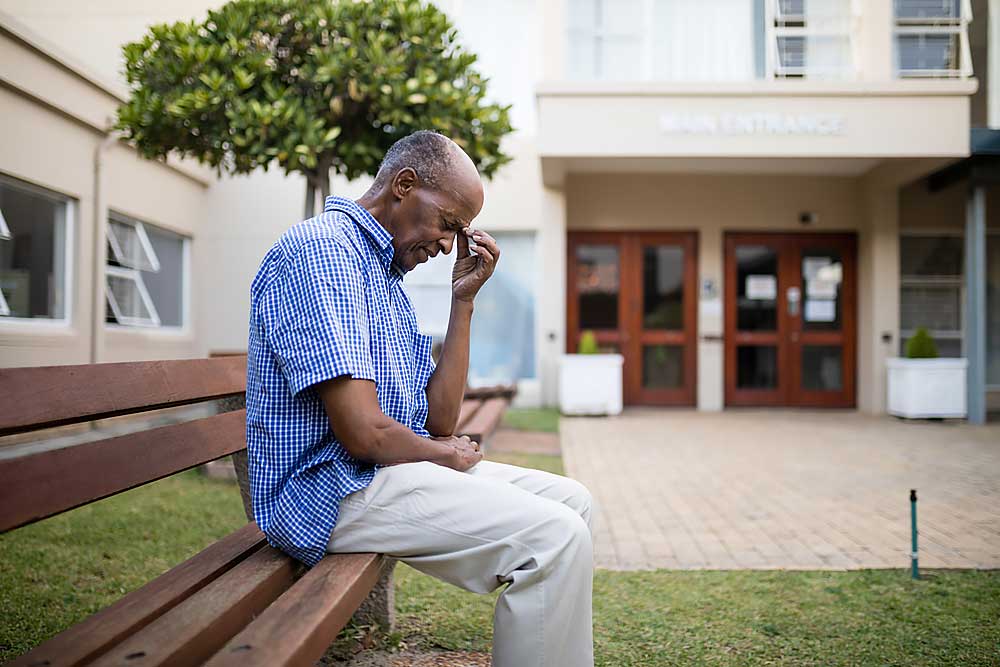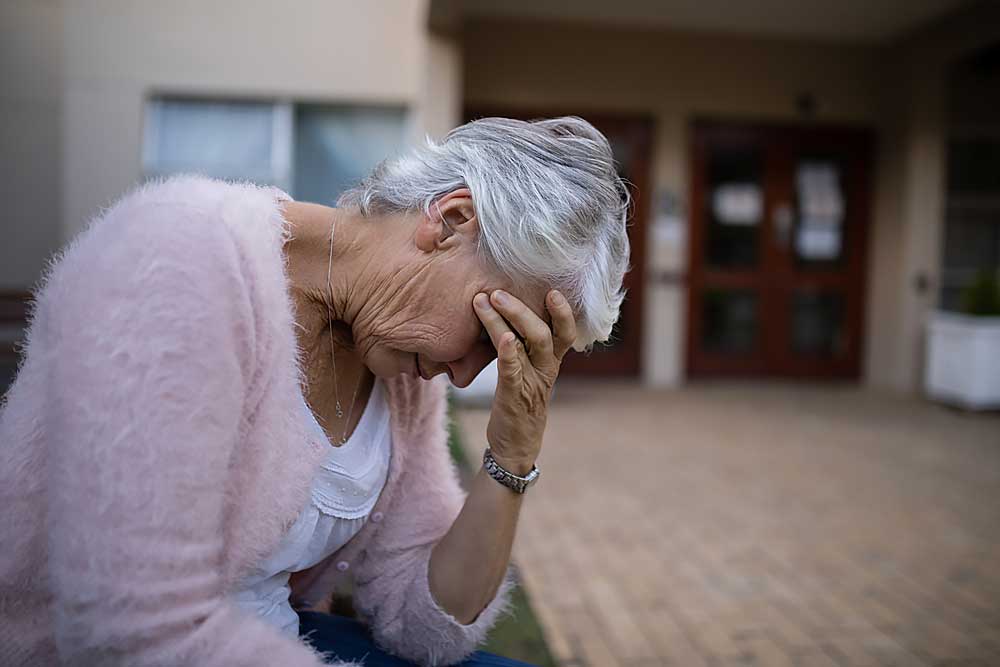
When you place your loved one in the care of nursing home staff or another caretaker, you do so with the hopes that they will receive the treatment and attention they need and deserve.
Sadly, this is not always the case. According to the World Health Organization (WHO), approximately 1 in 6 adults over the age of 60 face abuse. Rates of abuse are often higher in long-term care facilities and nursing homes.
The CDC defines elderly abuse, as an “intentional act, or failure to act, by a caregiver or another person in a relationship involving an expectation of trust that causes or creates a risk of harm to an older adult,” but identifying abuse can be difficult.
Information about instances of nursing home abuse can be difficult to collect, as it’s not always evident to loved ones, caretakers, or even the victim themselves. Further, even when a victim is aware of abuse, they may be ashamed, scared, unwilling or otherwise unable to report the abuse.

What constitutes nursing home abuse?
There are many types of elder and nursing home abuse. These include physical, sexual, emotional/psychological, and financial abuse as well as neglect, either at the hand of a caregiver or self-neglect, which is when an individual can no longer carry out the daily activities required for their wellbeing.
In PA, self-neglect (38.5%), is the leading substantiated allegation. Often, it’s these individuals that will be placed in a nursing home or care facility. However, other types of abuse are also substantiated, with nearly 20% of caregiver neglect allegations proving to be substantiated. Financial Exploitation (17.7%) and physical abuse (16.3%) follow closely behind.
There is more than one type of elder abuse and understanding the types and appearance of various forms of elder abuse can make it easier to recognize. Once you identify the abuse, you can then determine how to address it and move forward. Here are the four major categories of elderly abuse:
Physical Abuse
When you think about elderly abuse, you may think first of physical abuse, which is often easiest to detect. This type of abuse occurs when intentional force is used to harm an elderly individual. In can include visible injuries, like bruises and lacerations; physical pain; impairments; and in worse cases death. Physical elderly abuse can also result in distress, anxiety, and depression.
Sexual Abuse
Elderly sexual abuse is when an individual, caretaker, or other individual engages in non-consensual sexual activities of any kind with an elderly individual. Sexual contact with an elderly individual who is not competent or able to knowingly provide consent can also be considered a form of elderly sexual abuse.
Psychological and Emotional Abuse:
Elderly abuse is not limited to physical contact. Humiliation, threats, excessive control or even forced isolation can be considered emotional psychological elder abuse. Victims of this type of abuse can suffer from anxiety, depression, fear, anguish, and several other related physical and emotional issues.
Neglect
Abuse isn’t always represented by action. In the case of nursing home negligence, it can be a lack of action that constitutes abuse. This is when a caretaker stops providing care for an individual. It can also refer to when caretakers fail to provide adequate and humane care.
There are many signs of neglect or abandonment abuse, but some common examples are dehydration, nutritional deficiencies, poor and unhealthy hygiene, and bedsores. Neglect can also include the absence of efforts to keep elderly individuals safe from potentially harmful environments.
Exploitation and Financial Elder Abuse
Exploitation and financial elderly abuse is a result of unauthorized, improper, or otherwise illegal use of a victim’s finances, assets, belongings or other resources for the benefit of the perpetrator. There are obvious instances of this type of abuse, like stolen property and financial loss. This type can often be difficult to spot as it can also be the result of coercion or manipulation or go unnoticed for an extended period.
Elder Self-Neglect
Not all forms of elder abuse are carried out by another party. When an elderly individual can no longer care for themselves and fail to maintain their physical, mental, and financial well-being, they may be victims of elder self-neglect. Unfortunately, this type of abuse is largely underreported but often accounts for a significant portion of elderly abuse cases.
There are many types of elder and nursing home abuse. These include physical, sexual, emotional/psychological, and financial abuse as well as neglect, either at the hand of a caregiver or self-neglect, which is when an individual can no longer carry out the daily activities required for their wellbeing.
In PA, self-neglect (38.5%), is the leading substantiated allegation. Often, it’s these individuals that will be placed in a nursing home or care facility. However, other types of abuse are also substantiated, with nearly 20% of caregiver neglect allegations proving to be substantiated. Financial Exploitation (17.7%) and physical abuse (16.3%) follow closely behind.
Learn more about the types of nursing home abuse.
If you think that your loved one is the victim of elder abuse at a nursing home or long-term care facility, it’s important that you address the situation as quickly and efficiently as possible. One way to do so is to contact or file a report(s) with the following organizations:
- Department of Human Services in your state
- Local law enforcement
- The district attorney or the county in which the abuse took place
- The National Adult Protective Services Association (NAAPSA)
- Eldercare Locator, which will connect you with local agencies that can help
The resources above can help you report and further document instances of elder abuse, but an elder law attorney can also help find the best path forward. We can help you manage a variety of concerns, including health care, estate, or financial planning as well as guardianship and power of attorney efforts concerns. We can also help you understand the right of your loved ones and assist you in determining whether your loved one is being abused. Contact us today and we can give you a free evaluation and help you decide what to do next.

